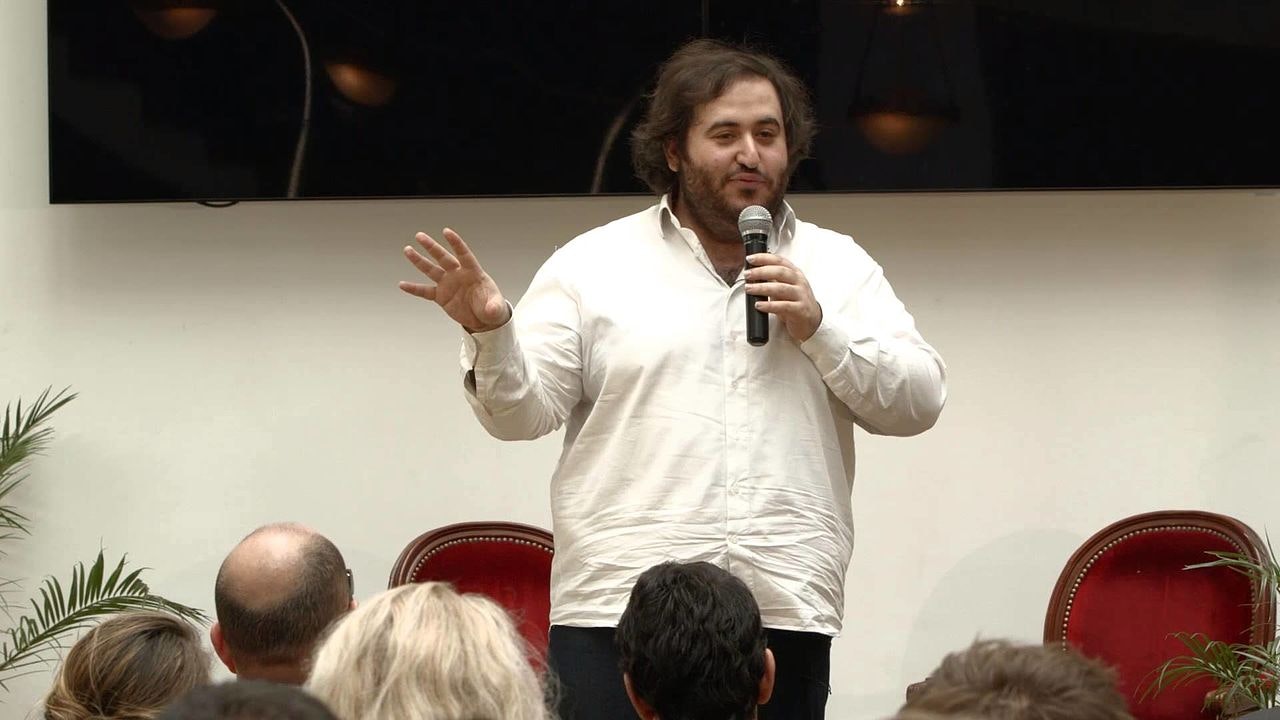At Microsoft for Startups, an accelerator, we’ve stopped making people pitch to join our UK programmes. Why on earth would we do that, when pitching is perceived as so fundamental to the startup process?
The main reason is that if you make people do a pitch, then what you are doing is proving that someone can pitch — not that they can be successful in a startup! Yes, being able to sell yourself is important but it’s far from the only thing that you need to succeed.
It’s also been said that the biggest fear people have is public speaking, and a pitch is basically a short public speech so immediately you’re disqualifying a large percentage of people without even understanding their proposition. I recently had a woman show me a presentation outlining her product and company which was the best I’d seen in a long time; it showed a great product and how she’d execute. I told her it was the best pitch deck I’d seen, and she said she’d never pitched because she was terrified, and because of this she’d never got any VC funding. This seems like such a monumental waste of talent to me.
The tech industry is (unconsciously) excluding people who don’t have an understanding of, and connections into, the startup ecosystem.
So I can imagine the howls from the accelerators and VCs saying, “but I don’t have time to spend half an hour talking gently to a startup to evaluate them”. I do agree that there isn’t enough time to do that for all startups. So instead we ask people to fill in a form with the information that we need for screening, which includes the number of employees, burn rates and revenues, names of customers, competitors and investors. This can actually work out quicker than listening to pitches and is certainly less stressful for everyone concerned.
Surgeons and pilots have long used checklists for a very good reason: it’s very easy to forget something accidentally.
Isn’t it much better to explicitly ask people for information, rather than hoping that they’ll give you the information in a short pitch? How are people who haven’t seen a pitch deck or worked with VCs before meant to know what they are being judged on? The tech industry is (unconsciously) excluding people who don’t have an understanding of, and connections into, the startup ecosystem. Another big advantage of using a form is it helps startups to see whether they’re ready themselves to take the next step.
It might sound like we just judge based on a form, but we do also bring people into the office or have a call with them. Again, we use a structured set of questions to help guide the discussion. Surgeons and pilots have long used checklists for a very good reason: it’s very easy to forget something accidentally.
Another strong reason for doing away with initial pitches is that you reduce the risk of unconscious bias. When you look at a form submission, you don’t see the colour of someone’s skin. All through society, we’re seeing the winds of change, and it’s high time that this went through the startup ecosystem too.
We want to empower everyone on the planet with our technology, so we think it makes a big difference if we can help all people who are creating and growing a good startup — not just those that are good at selling themselves.


